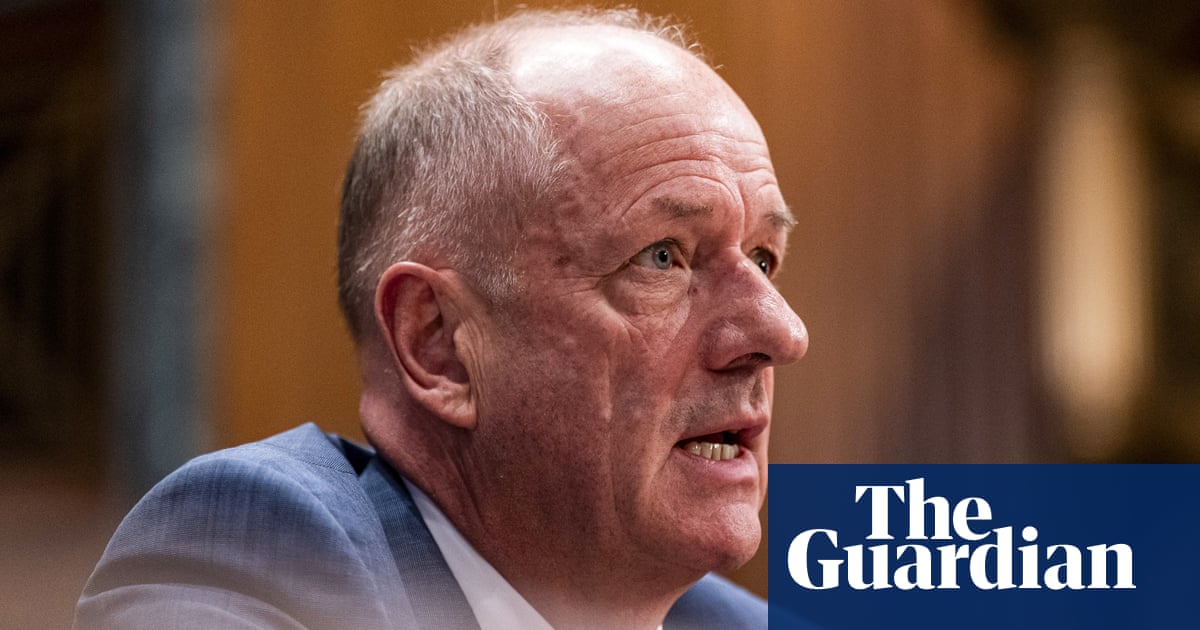The UnitedHealth CEO, Andrew Witty, is stepping down for personal reasons and the nation’s largest health insurer suspended its full-year financial outlook due to higher-than-expected medical costs.
Stephen Hemsley, the company’s chairman, will become CEO effective immediately, theMinnesotacompany said.
Hemsley was UnitedHealth Group CEO from 2006 to 2017. He will remain chairman of the company’s board. Witty will serve as a senior adviser to Hemsley.
It has been a punishing period for UnitedHealth, starting in December when executive Brian Thompson wastargeted outside of a New York City hotel and killed. While unrelated to the financial operations of the $340bn healthcare giant, its shares have tumbled severely since the attack.
“I’m deeply disappointed in and apologize for the performance setbacks we have encountered from both external and internal challenges,” Hemsley said during an early Tuesday conference call.
“Many of the issues standing in the way of achieving our goals as well as our opportunities are largely within our control. I am optimistic about our future as these issues are within our capacity to resolve. We will approach them with humility, rigor and urgency.”
The 60-year-old Witty joined the company in 2018 after serving about nine years as CEO of the British drugmaker GlaxoSmithKline. He was named UnitedHealth’s CEO in February 2021, replacing Dave Wichmann.
UnitedHealth became one of the nation’s largest companies under Witty’s leadership. Total revenue topped $400bn last year, a 55% increase from the $257bn UnitedHealth brought in the year before Witty became CEO.
Shares of UnitedHealth rocketed higher under Witty, too, up 60.5% since he took the company’s top job.
Yet there have been several setbacks for UnitedHealth over the past five months as it wrestles with thenational attention on Luigi Mangione, who was indicted last month on a federal murder charge in the killing of Thompson.
The case has captured the American imagination, setting off a cascade of resentment and online vitriol toward US health insurers while rattling corporate executives concerned about security.
UnitedHealth cut its 2025 forecast last month following its first quarterly earnings miss in more than a decade. On Tuesday the company withdrew that financial forecast entirely, saying that medical costs from new Medicare Advantage members were higher than expected.
Shares of UnitedHealth, which have plummeted 38% since the deadly 4 December ambush of Thompson in midtown Manhattan, fell more than 12% at the opening bell.
More than 50 million people have health insurance under UnitedHealth Group Inc. It also has a large pharmacy benefit manager that runs prescription drug coverage and a growing Optum segment that delivers care and provides technical support.
UnitedHealthcare is the nation’s largest provider of Medicare Advantage plans, with more than 8 million customers. Those are privately run versions of the federal government coverage program mostly for people ages 65 and older.
